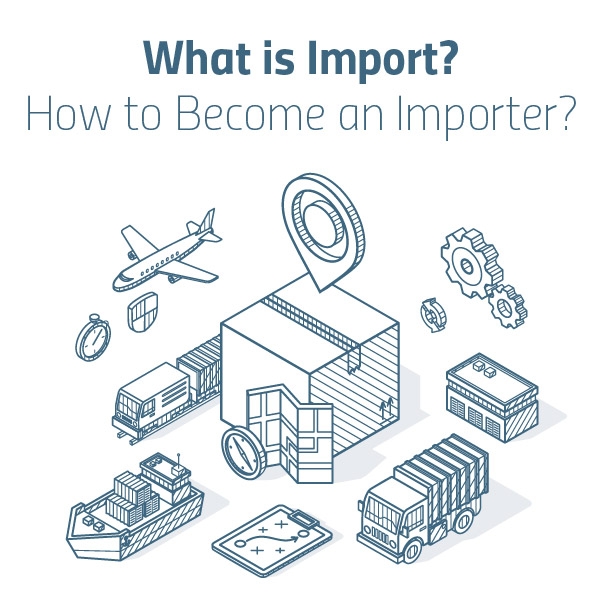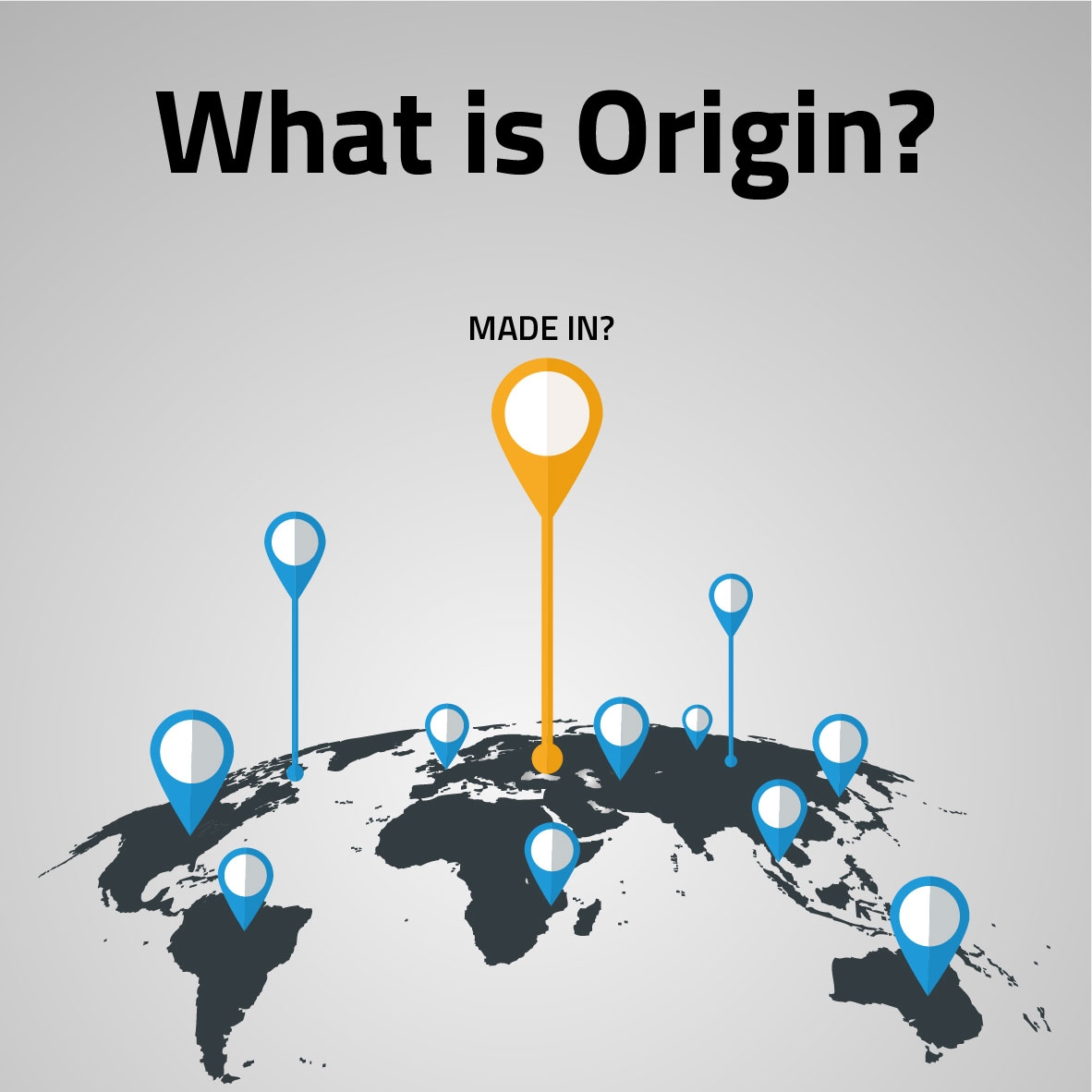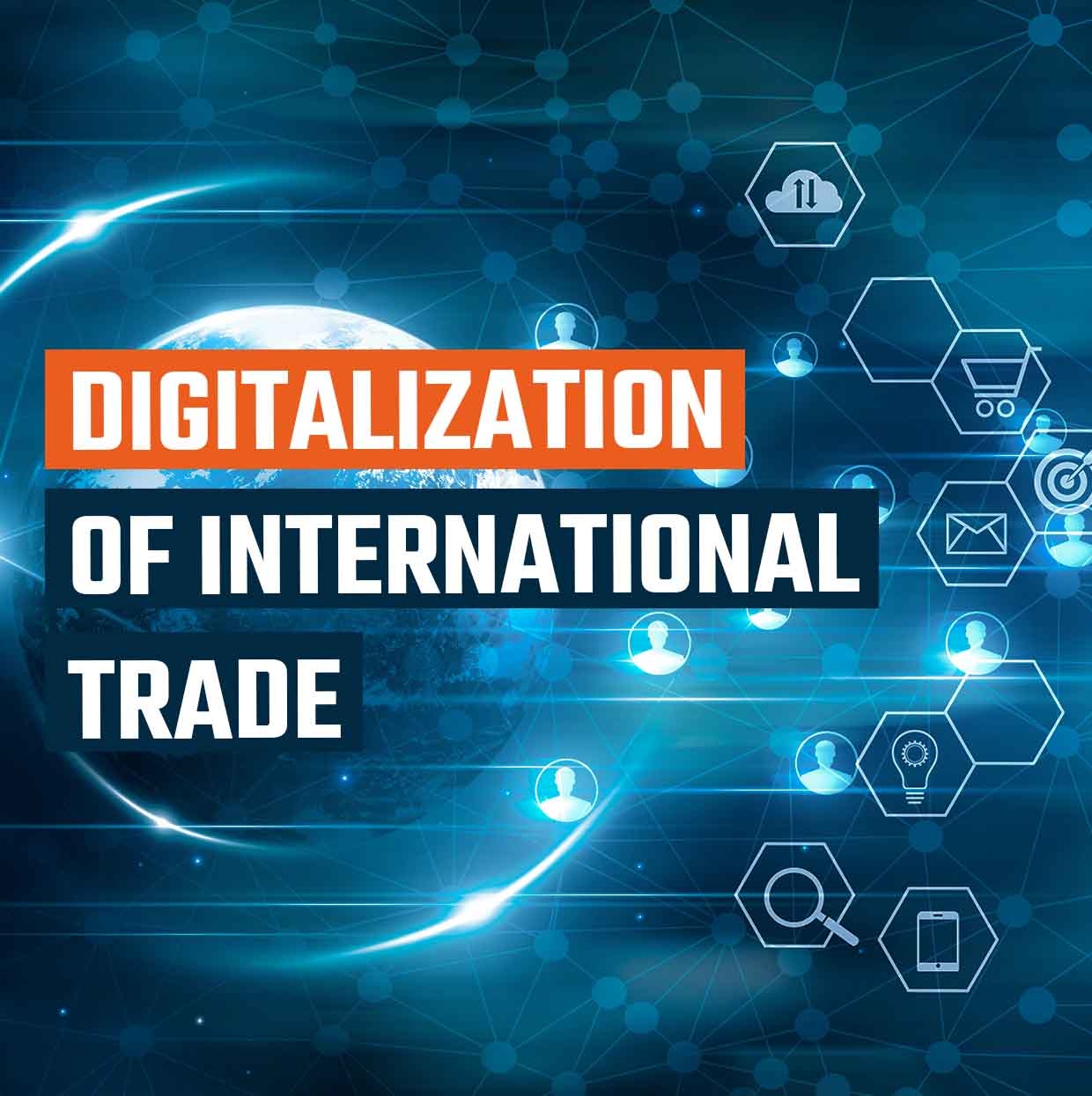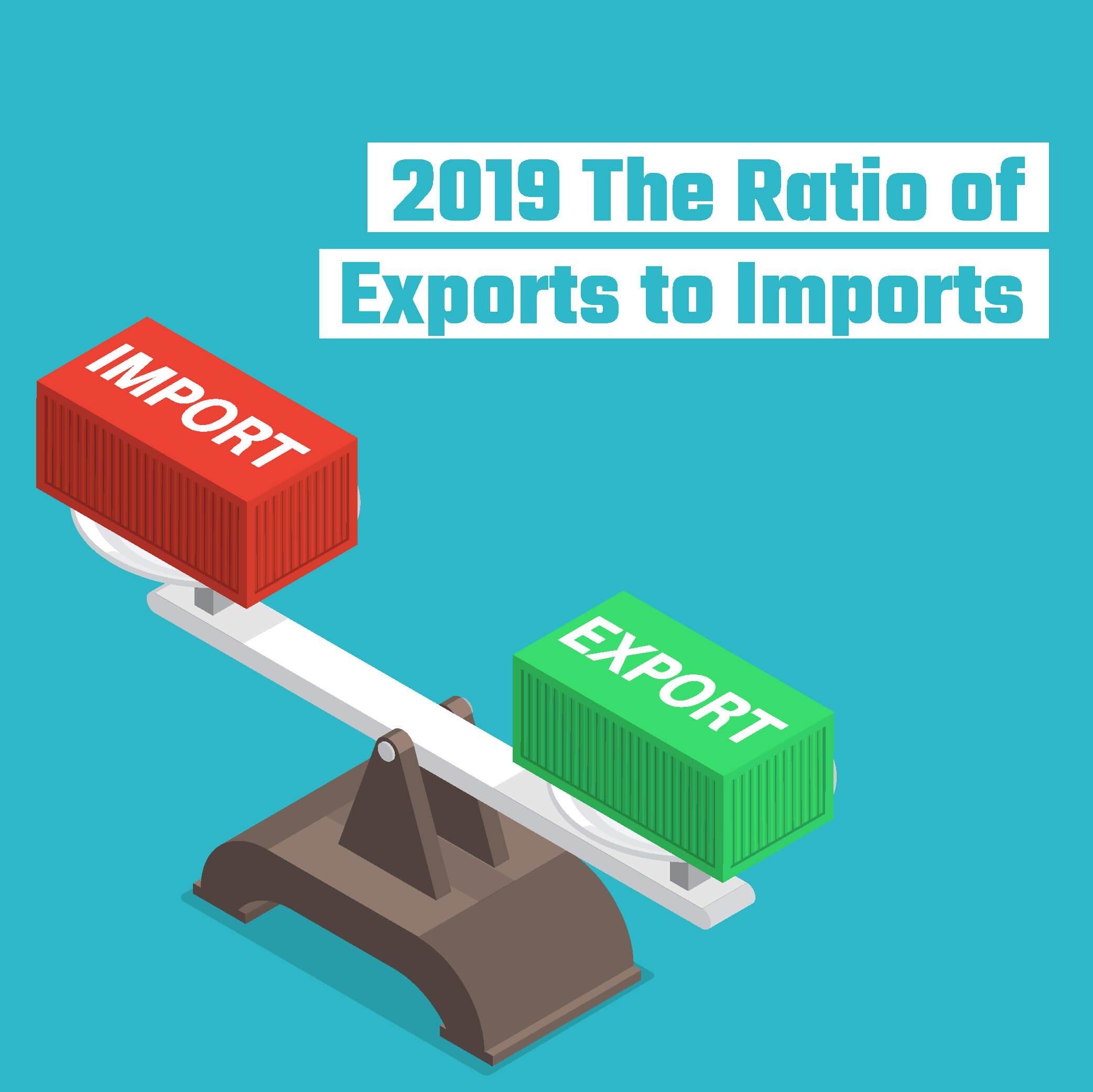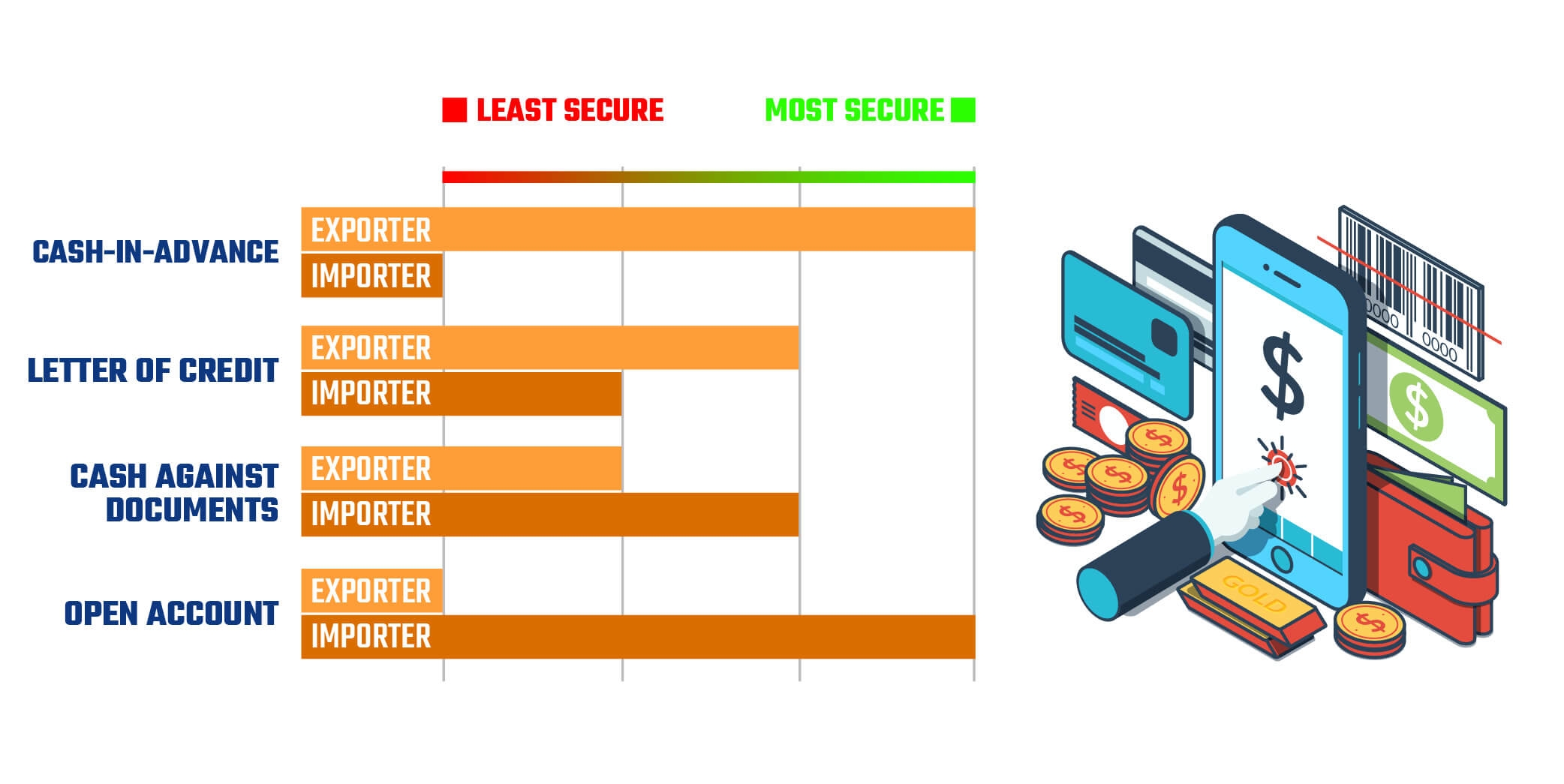Social Media
Social
media, which enables users to communicate and share information independently
of time and place, through computers or mobile devices, are interactive
communication channels that require the contribution of users.
With
the development of the Internet and its becoming an integral part of life,
consumers began to prefer to receive information about products and services
from the Internet or social media rather than relying on traditional media such
as television and radio.
Social
Media Marketing and Its Effects on Commerce
According
to the “Digital 2021” report published by We are Social (2021), there are 4.2
billion active social media users worldwide as of January 2021, and the average
daily time these users spend on social media is 2 hours and 25 minutes.
When
the “Digital 2021: Turkey” report is analyzed, it is seen that the number of
active social media users in Turkey is 60 million and the average daily time
spent on social media is 2 hours 57 minutes.
Considering
the active social media users, who constitute 53.6% of the population worldwide
and 70.8% of the population in Turkey, it is understood that social media is a
market area that cannot be underestimated.
The
differences of social media from traditional media and the advantages it
provides to businesses can be listed as follows:
· Social
media can be measured more easily than traditional media. Distant results
obtained from sources such as rating reports in traditional media are
insufficient in determining strategy, but this problem disappears in social
media.
· Unlike
traditional media, high investments are not required to reach the target
audience in social media, and it is possible for individuals or institutions to
produce content even at very low costs in the profile they will create on
social media platforms. While product and service information are easily shared
on social media, thanks to word-of-mouth marketing called "viral
marketing", large masses are reached at much lower costs.
· The
most important part of promotion, which is one of the elements of the 4P
(Product, Price, Place, Promotion), known as the marketing mix, is to
communicate and interact with current and potential customers without time and
place restrictions, and to increase brand awareness. Contrary to the static and
unchangeable structure of traditional media, the up-to-date structure of social
media that facilitates user interaction and eliminates time and place
restrictions greatly contributes to promotional activities. In addition,
businesses can direct their promotional activities in the right direction
thanks to the special campaigns and content they prepare by identifying the
target audience in social media more easily and with clear lines.
· In
social media marketing, it is important for the target audience to be exposed
to the brand name and content at the right time determined by the businesses in
terms of being memorable and brand awareness.
· Social
media followers of businesses that produce content in line with the interest of
the target audience provide an advantage to the business in reaching wider
audiences by sharing these content on their own profiles.
· Thanks
to social media, which enables direct interaction and communication, businesses
can make their voices heard more sincerely, while at the same time they have
the opportunity to directly see the wishes, complaints, and satisfaction of the
consumers. This mutually established communication environment is important in
terms of establishing and strengthening the trust in the brand. However, at
this point, businesses need to be very careful. While the trust of the target
audience can increase in line with factors such as what businesses share or
not, communication language and timing, it can also lead to results that can
break trust and create a reaction. Although we say that word of mouth marketing
will provide an advantage to the business, when a negative situation occurs, it
is also possible to cause a very fast and harsh reaction, unlike traditional
media.
Successful
Social Media Marketing
Things
to do to get high efficiency from social media marketing can be listed as
follows:
· Setting
targets suitable for the purpose, achievable, clear, timely and measurable,
· Determining
the target audience and analyze it well,
· Conducting
market research for competitors and the sector,
· Selecting
the most appropriate social media platform in line with the determined purpose,
target audience and market research,
· Analyzing
the interests of the target audience and producing content suitable for these
interests and company purposes,
· Determining
the frequency of sharing, and to create a social media content calendar,
· Producing
effective, remarkable, and original content,
· Following
the current news,
· Determining
the timing of the shares correctly in line with the target audience,
· Determining
strategies or making changes in content by analyzing content shared in the past
and their interactions/returns.
With
the digital world taking place in every aspect of our lives, social media has
become inevitable for individuals or institutions. The number of active users
on social media platforms and the increasing time spent on these platforms
required companies to exist in these virtual environments. Although technology
has become important, it is not possible to remove people from the focus. While
doing social media marketing, individuals or companies should analyze their
target audience well. In these platforms where the interaction of the users is
essential, if the right target audience is not determined and content is not
produced in accordance with the purpose and the interests of the target
audience, no interaction will occur. Although the loss of influence of
traditional media day by day provides an advantage in terms of social media
marketing, impressive, remarkable, original and suitable content should be
produced in order to reach the target audience.
We
can say that staying behind the digital world, which affects almost every
aspect of life, is one of the biggest mistakes companies will make. Reaching
competitors, customers or resources that will contribute to the company is just
a few clicks away.
It
is very easy to reach importers and exporters all over the world directly with
Trade Atlas! Trade Atlas is a global importer and exporter search engine that
contains 1.5 billion bills of lading and shipment details data of 17 million
importer companies in more than 230 countries around the world. Trade Atlas is
with you to accompany you in taking steps towards becoming a more important
part of global trade! To become part of the global ecosystem, you can register
and search for free by clicking here.













